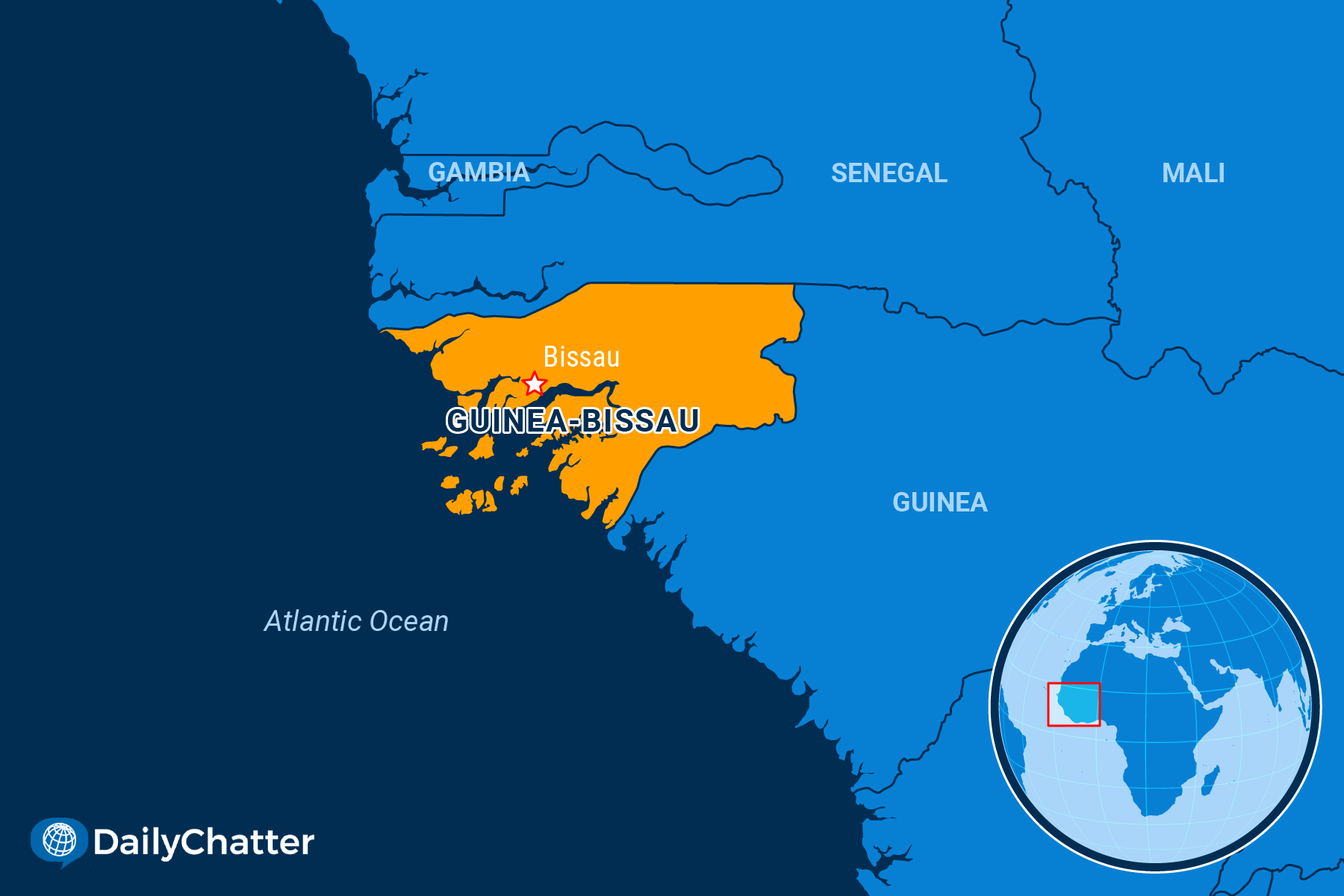White Rock Politics

Braima Seidi Ba and Ricardo Ariza Monje thought they could stuff nearly 2 tons of cocaine into flour bags and elude authorities in Guinea-Bissau, a tiny West African country that serves as a transit point for drugs between Europe, Africa and the rest of the world.
They got arrested in 2019 and lost their drugs in the country’s biggest-ever drug seizure. But they were still correct in their assumption. Ba, a citizen of Guinea-Bissau, and Monje, a Colombian, were sentenced to 16 years in prison. But, as Reuters reported, the country’s top court overturned their convictions, saying the evidence was insufficient to prove their guilt.
Critics of Guinea-Bissau’s government under President Umaro Sissoco Embalo said the court’s decision was yet another sign of Embalo wielding excessive influence over the judicial system, the Global Initiative Against Transnational Crime, a Switzerland-based think tank, wrote. Others made bolder claims concerning the court’s decision and the country’s political system. The Organized Crime and Corruption Reporting Project argued that “cocaine cartels” have effectively highjacked state institutions.
These issues are top of mind for voters in the country as they go to the polls to elect a new legislature on Dec. 18.
To say Guinea-Bissau is unstable is an understatement, say analysts. President Embalo won reelection in 2020 on a pledge to bring peace to the country that has experienced four coups since gaining independence from Portugal in 1974. Earlier this year, he claimed to squelch another coup that was in the offing, reported Radio France Internationale.
Then, in May, Embalo dissolved parliament, saying it was achieving nothing due to irreconcilable differences. The opposition African Party for the Independence of Guinea and Cape Verde, PAIGC, happened to be the majority in the chamber at the time. Masked gunmen also raided the PAIGC’s headquarters in February after a supposed coup, added Agence France-Presse.
In the run-up to the elections, human rights activists are afraid of what PAIGC supporters and Embalo’s allies in the Movement for Democratic Alternation, Group of 15 political party, also known as Madem-G15, might do to win. They fear politicians might stir up internecine tensions to drive their voters to the polls and frighten their opponents.
“It is very worrying, and we are approaching the elections,” Guinean Human Rights League President Augusto Mário Silva told the Macau News Agency. “We need to reactivate the electoral code of conduct, we need to raise the necessary awareness so that our populations, which have been magnificent in this respect and have resisted attempts at religious or ethnic manipulation, so that they remain more resilient to these phenomena.”
A good place to start to foster resiliency might be getting the cocaine out of politics.

Subscribe today and GlobalPost will be in your inbox the next weekday morning
Join us today and pay only $32.95 for an annual subscription, or less than $3 a month for our unique insights into crucial developments on the world stage. It’s by far the best investment you can make to expand your knowledge of the world.
And you get a free two-week trial with no obligation to continue.
